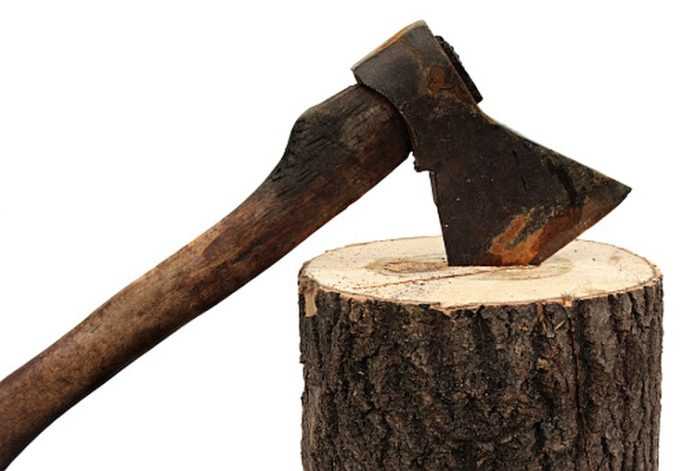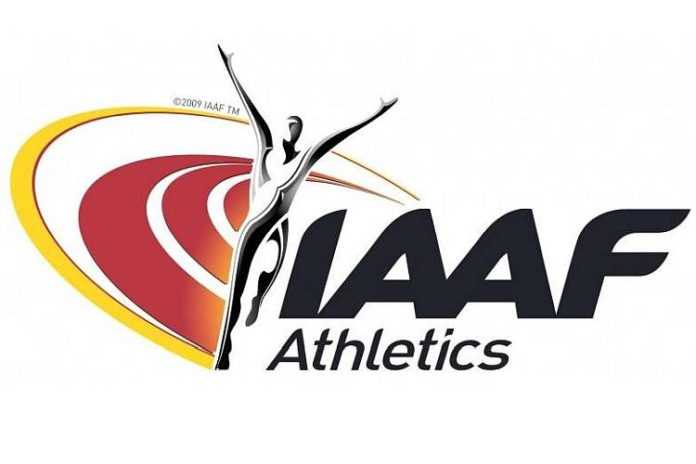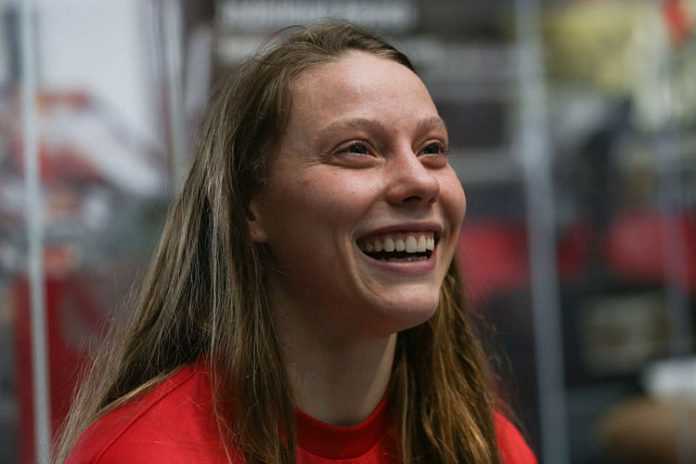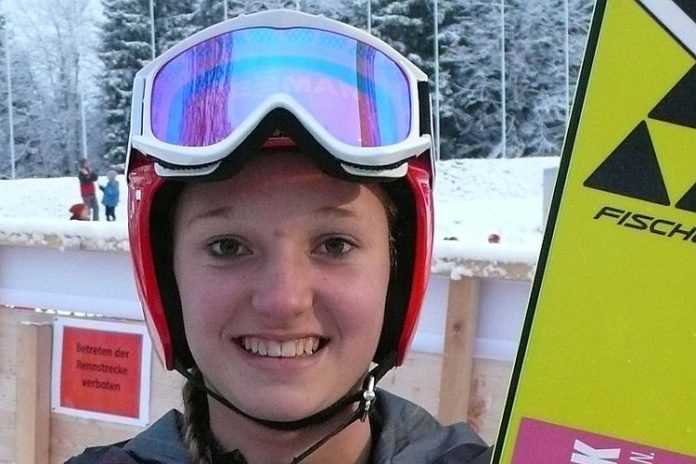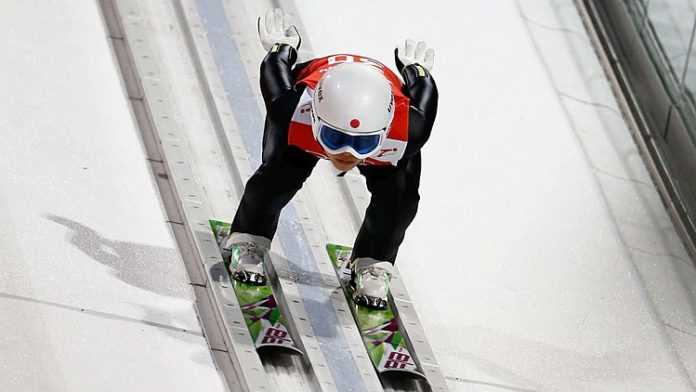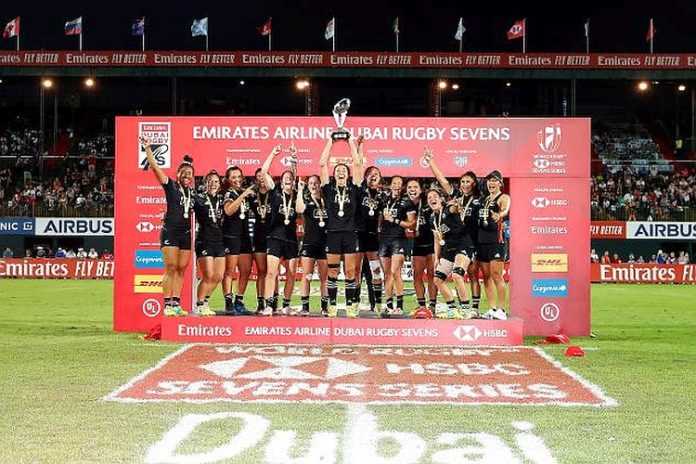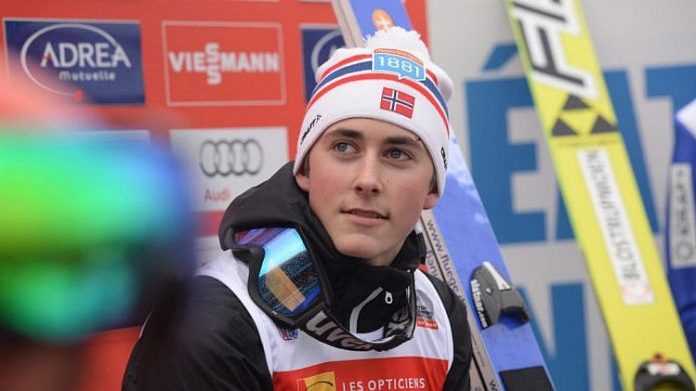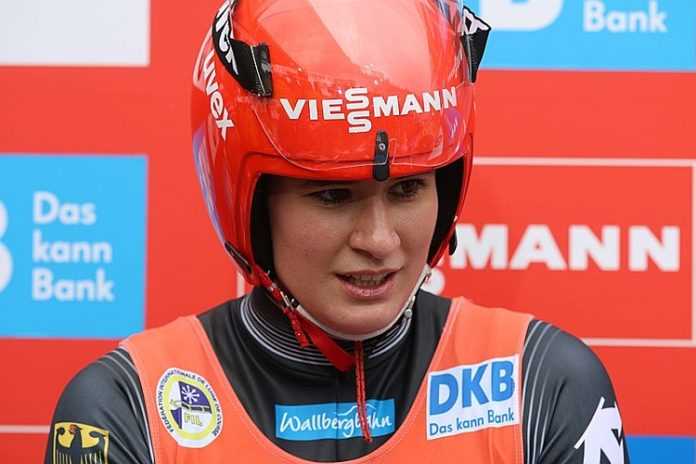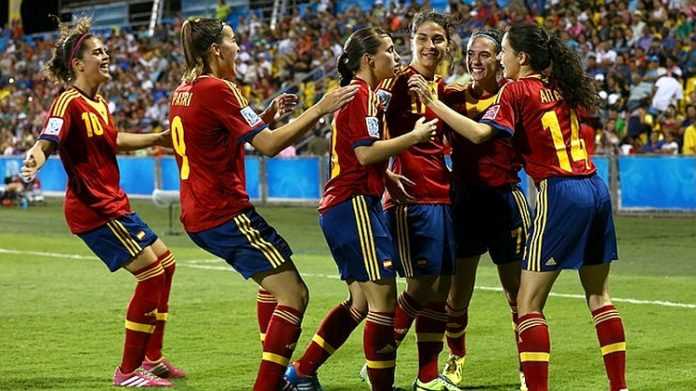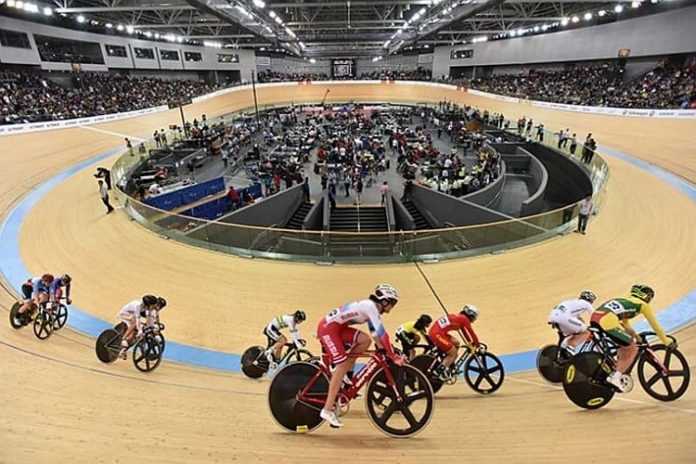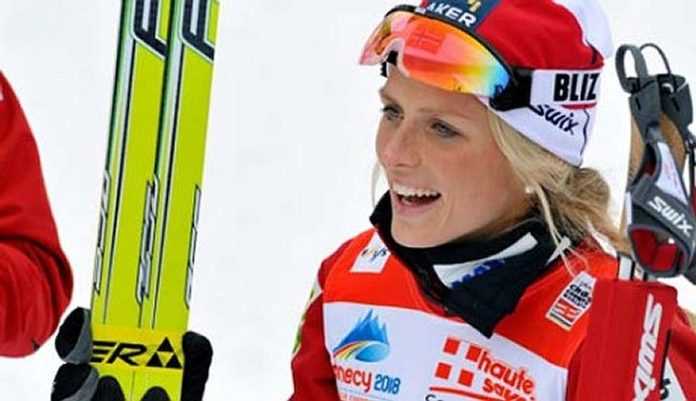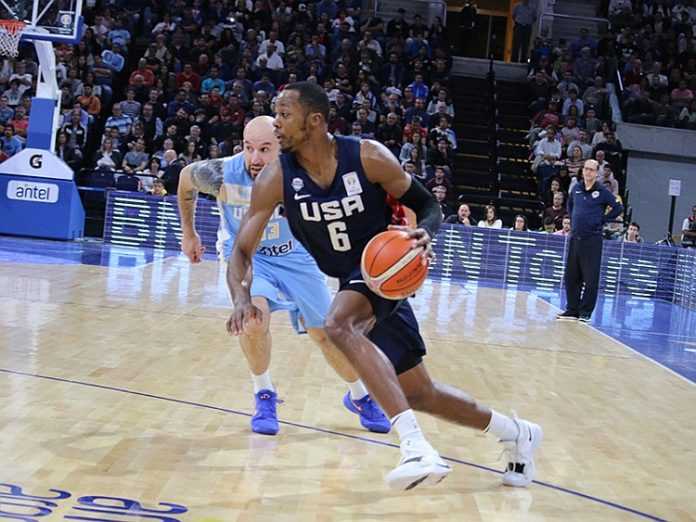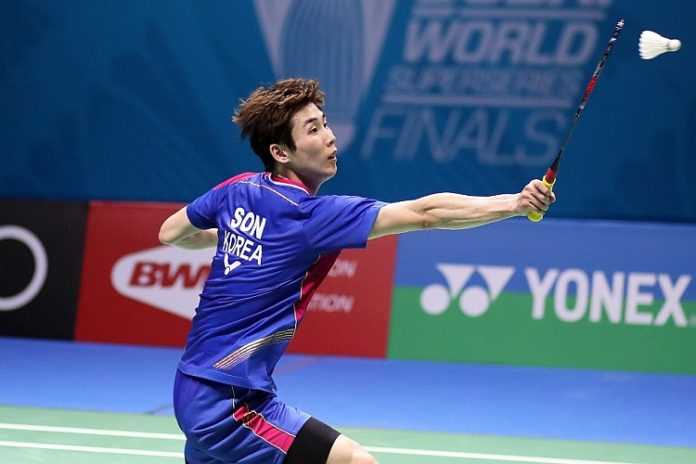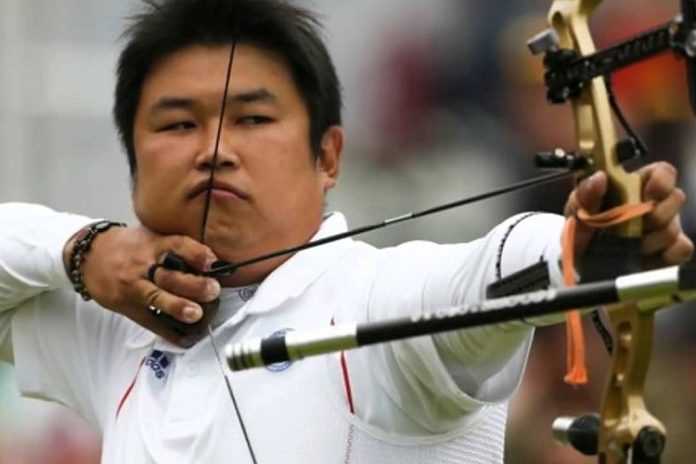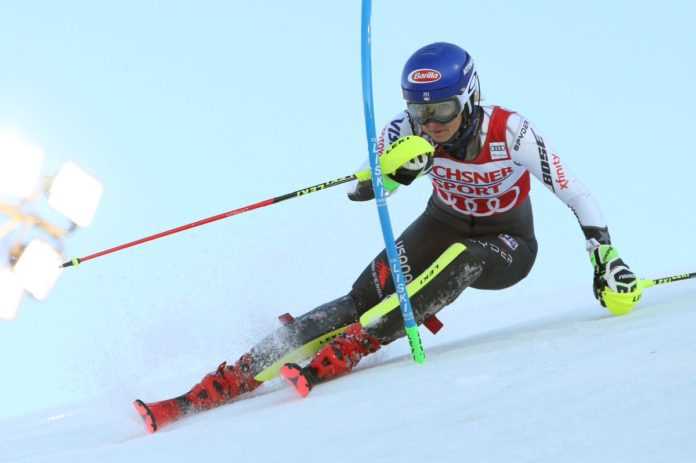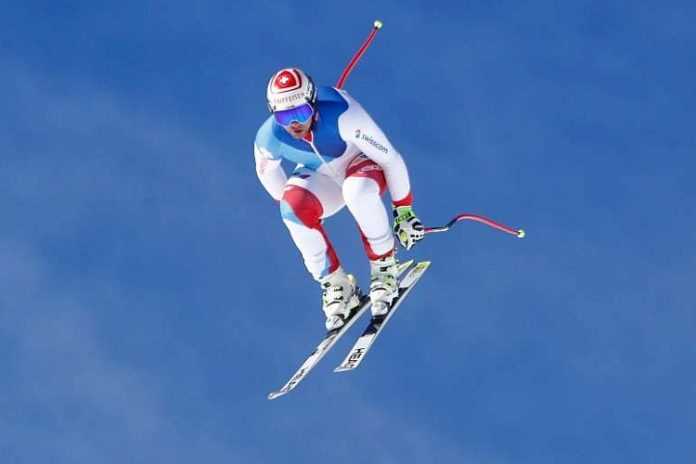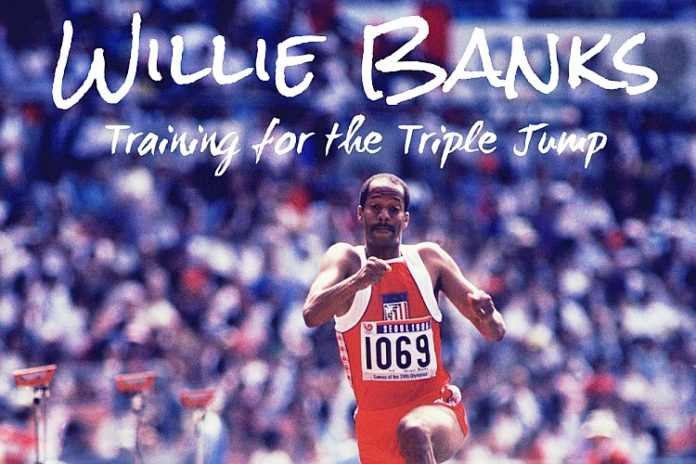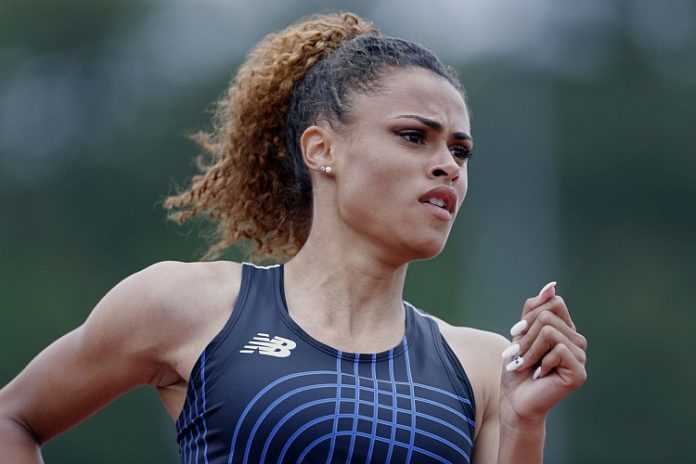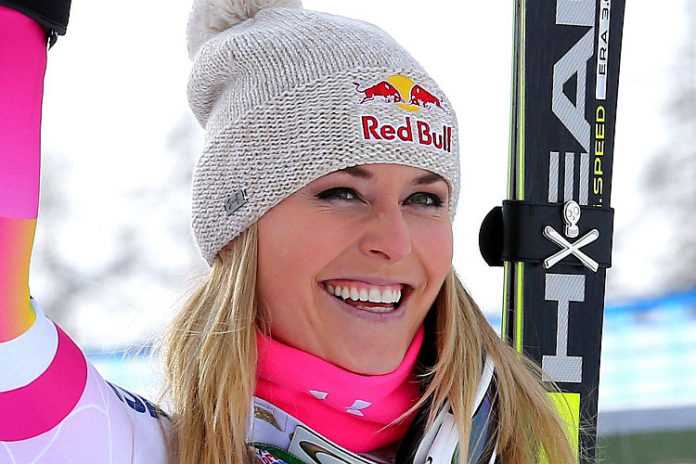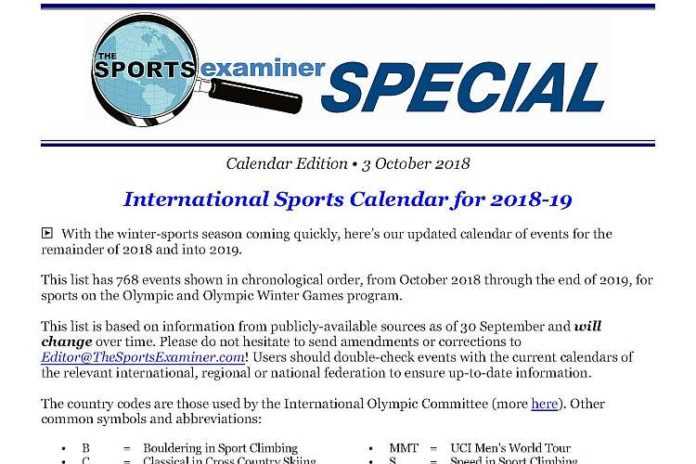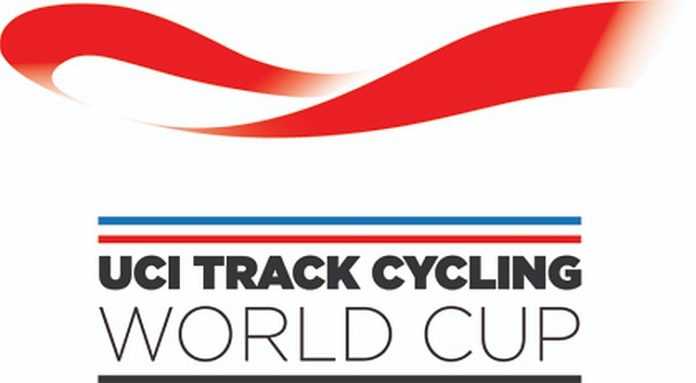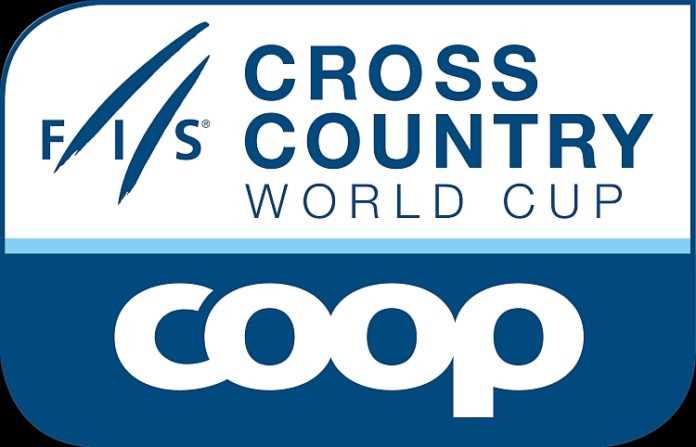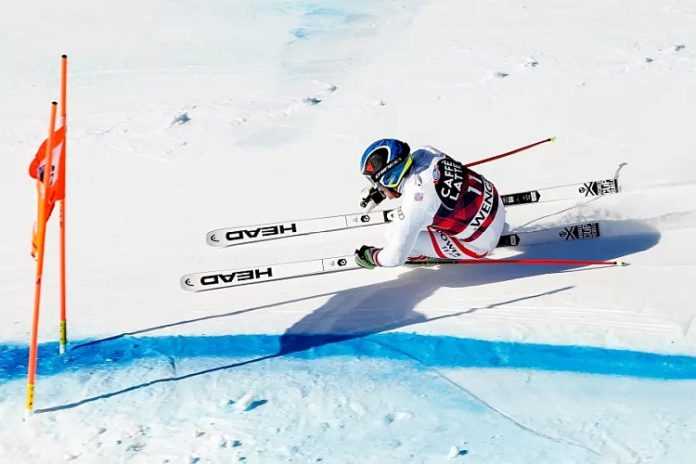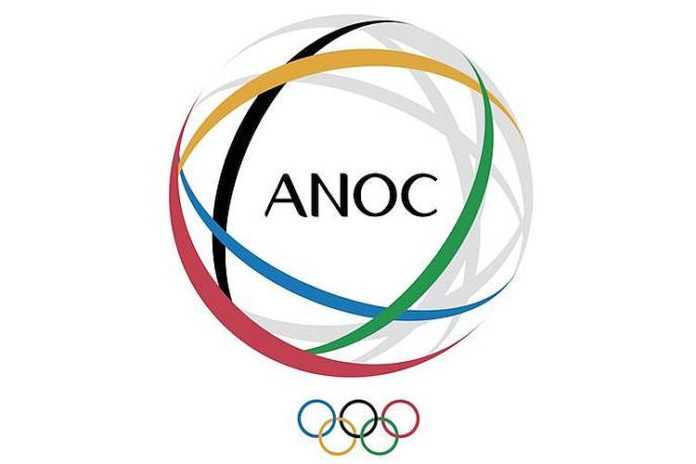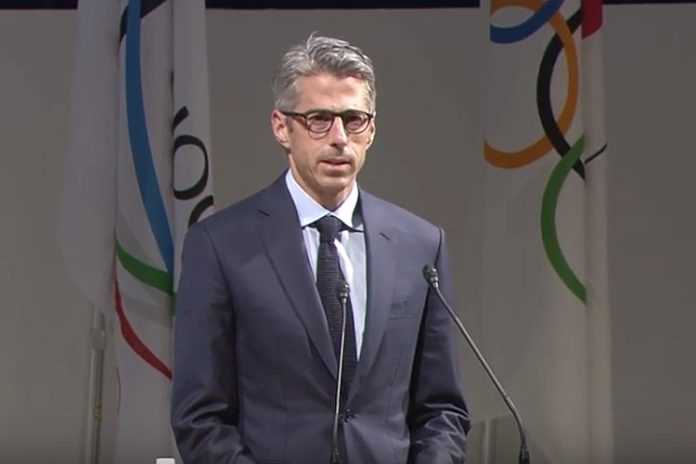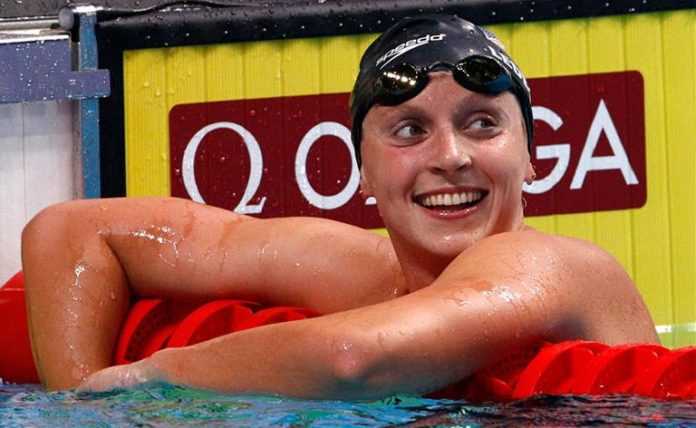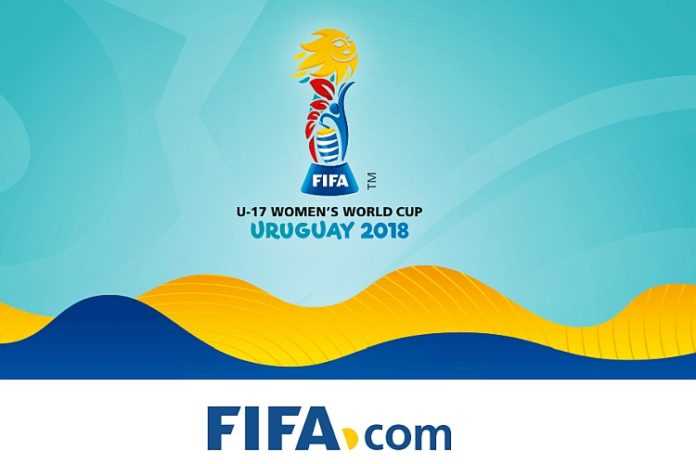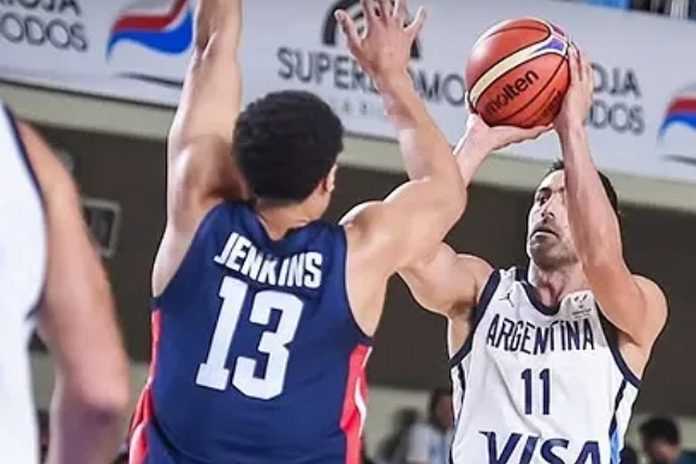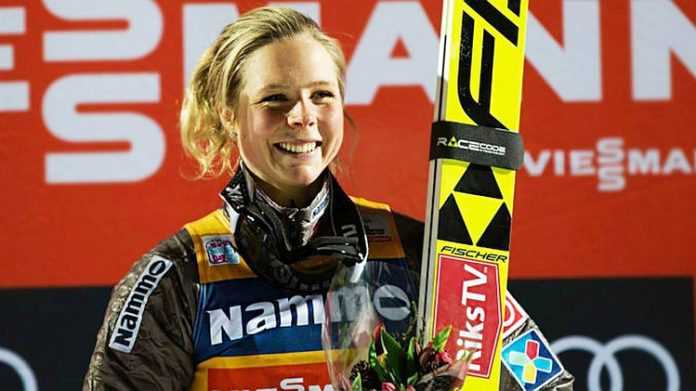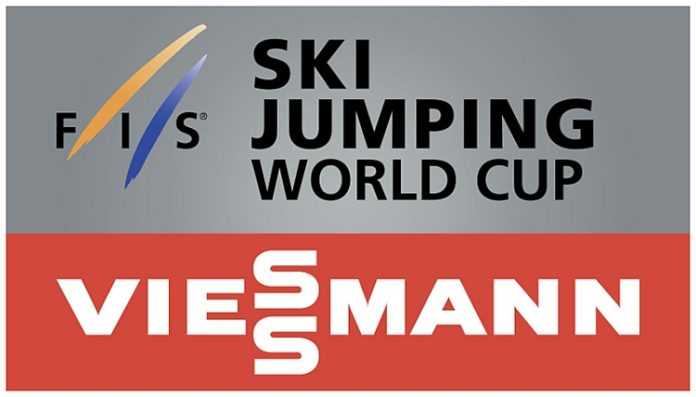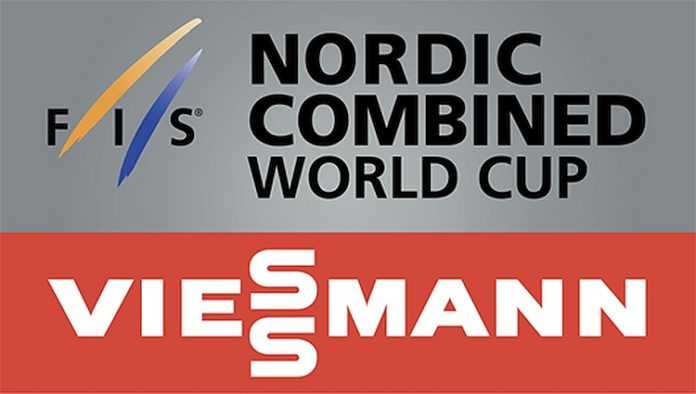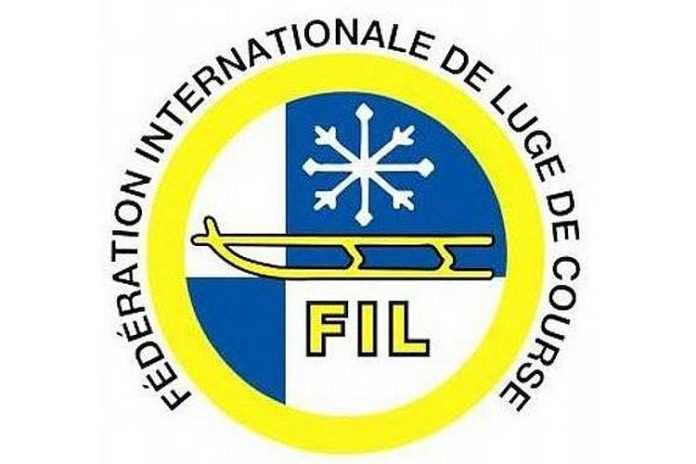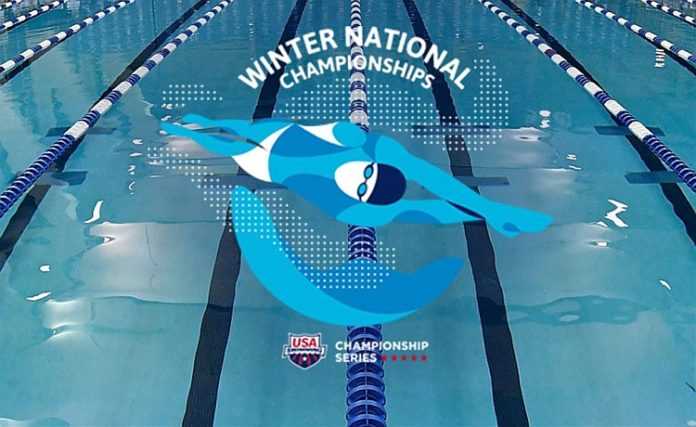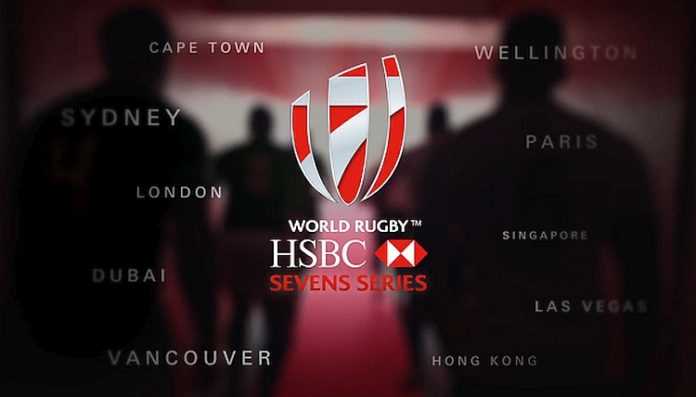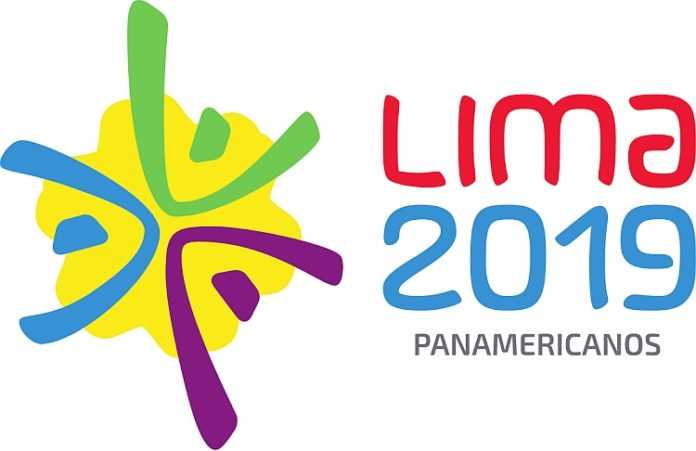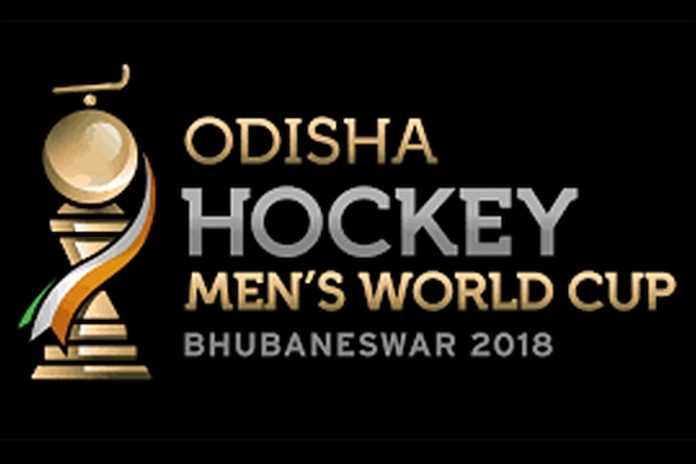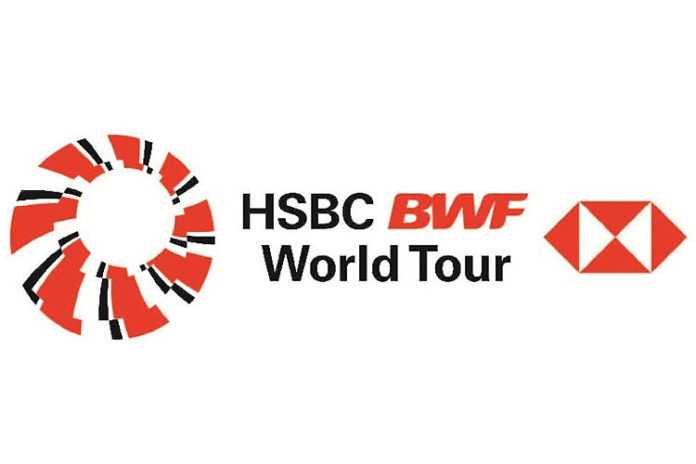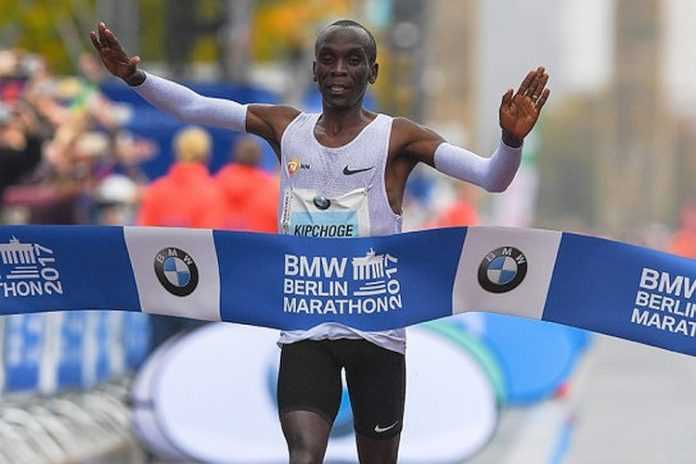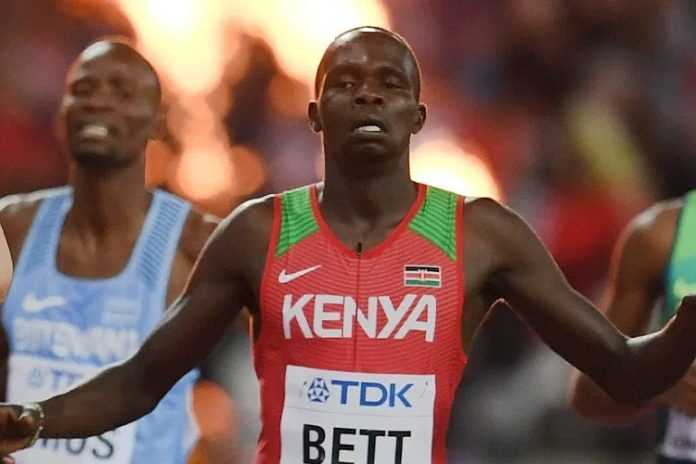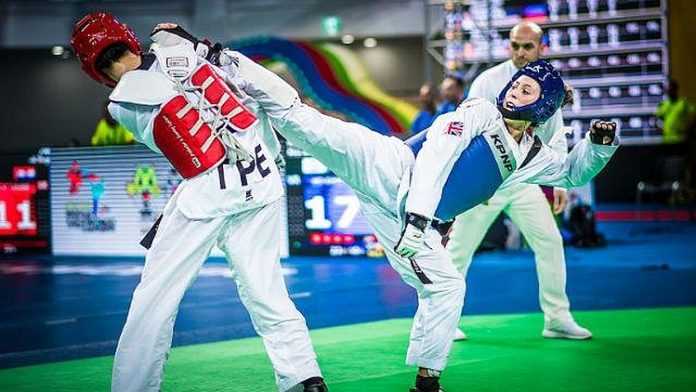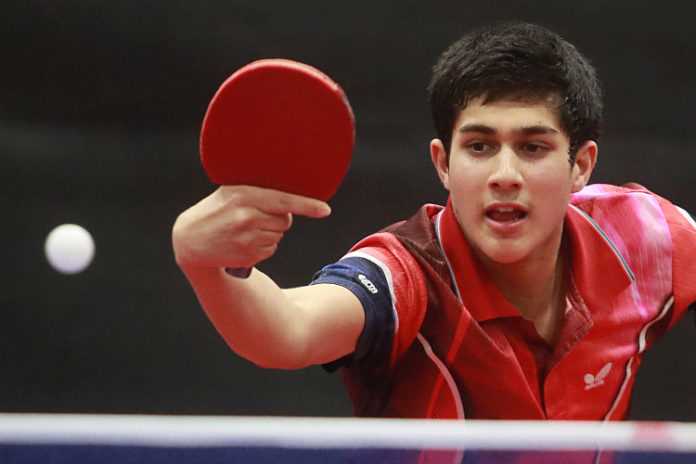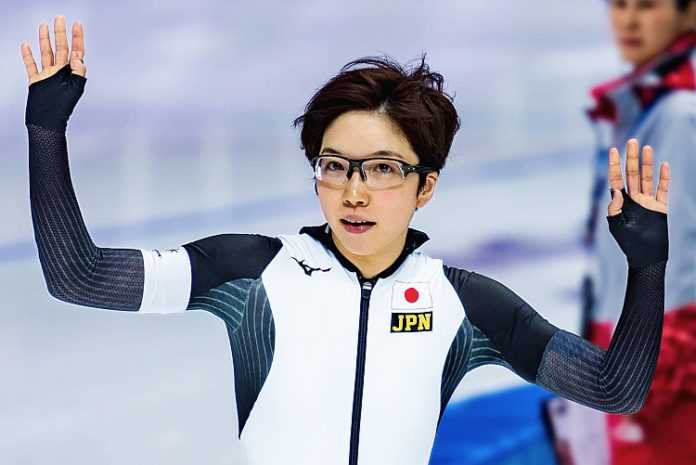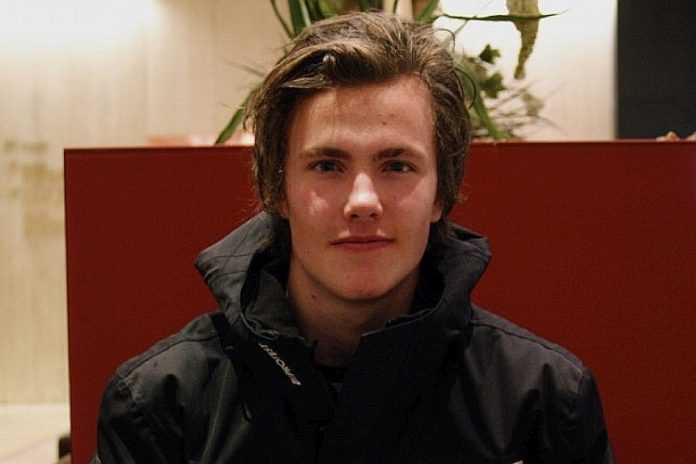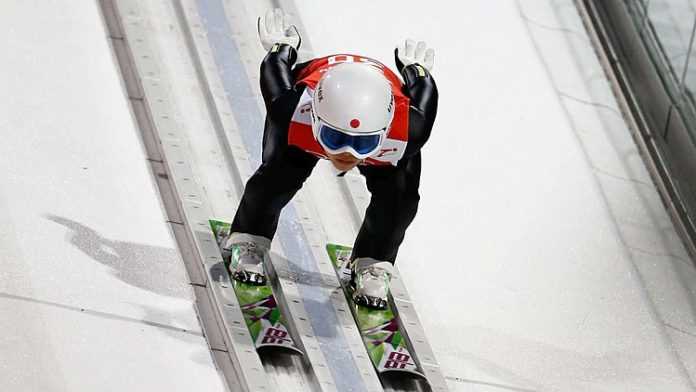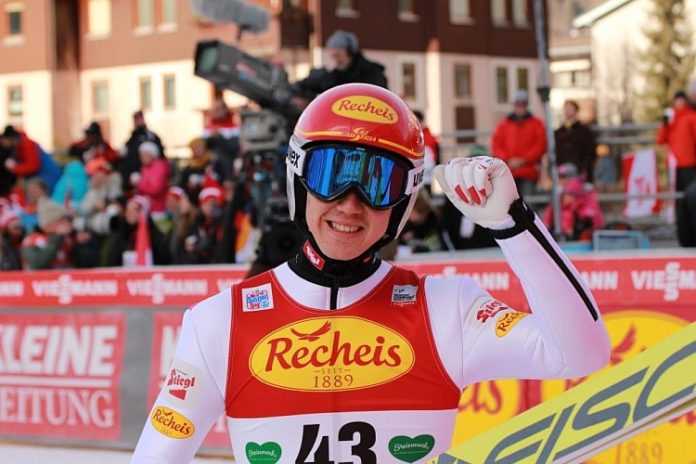No U.S. teams were going to be selected from the USA Swimming Winter Nationals in Greensboro, North Carolina over the weekend. But as qualifying for the 2020 Olympic Trials was now open, it attracted multiple Olympic stars to the Greensboro Aquatic Center.
The big winner in terms of qualifying was 200 m Olympian and World Championships relay gold medalist Hali Flickinger, whose name is now on the list for the 200-400 m Freestyles, 200 m Backstroke, 200 m Butterfly and 400 m Medley.
“I’ve done long course maybe one practice in the last month, so I knew it was going to be a bit challenging because my short-course stroke is a lot different than my long-course stroke,” she said. “Of course, I would have wanted to have been close to a best time, but the fact that I haven’t been swimming long course, I had to put it into perspective.”
Among the other stars to qualify in multiple events:
∙ Katie Ledecky, who won the 200-400-800 m Frees and also collected a qualifier in the 100 m Free, won by her former Stanford teammate Simone Manuel;
∙ Manuel won both the 500 m and 100 m Frees, and picked up a 200 m qualifier behind Ledecky;
∙ Open Water star Ashley Twichell, who finished third (tied) in the 400 m Free, was second to Ledecky in the 800 m Free and won the 1,500 m free;
∙ Madisyn Cox won both the 200 m and 400 m Medley, and finished fourth in the 200 m Breaststroke;
∙ Nathan Adrian won the 50 m Free and was second in the 100 m Free to Michael Chadwick;
∙ Dare Rose, just 16, claimed qualifiers in the 200 m Free (4th), 400 m Free (4th), 800 m Free (5th) and 200 m Fly (2nd);
∙ Open Water star Jordan Wilimovsky won the 400-800-1,500 Freestyles;
∙ Nic Fink won the 100-200 m Breaststrokes, with Kevin Cordes second in both. Fink was also second in the 200 m Medley.
∙ Jacob Pebley won the 200 m Free and the 200 m Back.
Canada’s Kylie Masse won a 100-200 m Backstroke double; foreign swimmers won five events during the meet. Summaries:
USA Swimming Winter Nationals
Greensboro, North Carolina (USA) ~ 28 November-1 December 2018
(Full results here)
Men
50 m Freestyle: 1. Nathan Adrian, 21.94; 2. Payton Sorenson, 22.45; 3. Aaron Greenberg, 22.71; 4. Erik Risolvato, 22.74; 5. Cameron Kidd (CAN), 23.11.
100 m Free: 1. Michael Chadwick, 48.57; 2. Adrian, 48.59; 3. Markus Thormeyer (CAN), 49.71; 4. Destin Lasco, 49.84; 5. Carson Olafson (CAN), 50.04.
200 m Free: 1. Jacob Pebley, 1:49.33; 2. Mitch D’Arrigo, 1:49.63; 3. Olafson (CAN), 1:49.84; 4. Dare Rose, 1:50.45; 5. Kevin Litherland, 1:51.08.
400 m Free: 1. Jordan Wilimovsky, 3:50.78; 2. Mitch D’Arrigo, 3:51.91; 3. Kevin Litherland, 3:54.34; 4. Rose, 3:55.00; 5. Jay Litherland, 3:55.76.
800 m Free: 1. Wilimovsky, 7:56.88; 2. Brennan Gravely, 8:09.95; 3. Ross Dant, 8:10.99; 4. Lleyton Plattel, 8:12.02; 5. Rose, 8:12.36.
1,500 Free: 1. Wilimovsky, 15:05.96; 2. Anton Ipsen (DEN), 15:15.32; 3. Brennan Gravely, 15:38.36; 4. Gordon Mason 15:42.76; 5. Dant, 15:43.09.
100 m Backstroke: 1. Christopher Reid (RSA), 53.95; 2. Jacob Pebley, 53.99; 3. Thornmeyer (CAN), 54.09; 4. Mark Nikolaev (RUS), 54.12; 5. Lucas Kaliszak, 54.87.
200 m Back: 1. Pebley, 1:56.96; 2. Reid (RSA), 1:58.28; 3. Thormeyer (CAN), 1:59.10; 4. Jay Litherland, 1:59.65; 5. Kane Follows, 1:59.78.
100 m Breaststroke: 1. Nic Fink, 1:00.18; 2. Kevin Cordes, 1:00.22; 3. Jonathan Tybur, 1:01.11; 4. Chuck Katis, 1:01.28; 5. Ben Cono, 1:01.59.
200 m Breast: 1. Fink, 2:10.24; 2. Cordes, 2:11.34; 3. Tybur, 2:13.77; 4. Chuck Katis, 2:13.95 5. Eli Wall 2:14.04.
100 m Butterfly: 1. Giles Smith, 52.94; 2. Daniil Antipov (RUS), 53.38; 3. Kevin Mendoza, 53.64; 4. Yoessef Tibazi, 54.09; 5. Josiah Binnema (CAN), 54.14.
200 m Fly: 1. Ryan Vipavetz, 1:59.43; 2. Rose, 1:59.98; 3. Brendan Burns, 2:01.09; 4. Alex Colson, 2:01.55; 5. Tim Slanschek (SUI), 2:02.21.
200 m Medley: 1. Reid (RSA), 2:02.18; 2. Fink, 2:02.97; 3. Jonathan Tybur, 2:03.41; 4. Scott Piper, 2:03.69; 5. Sean Conway, 2:03.82.
400 m Medley: 1. Jay Litherland, 4:20.15; 2. Jason Louser, 4:23.99; 3. Tristan Cole, 4:24.61; 4. Zachary Tan (SGP), 4:25.28; 5. Conway, 4:28.49.
Women
50 m Freestyle: 1. Simone Manuel, 24.39; 2. Madison Kennedy, 24.87; 3. Anna Hopkin (GBR), 24.93; 4. Margo Geer, 24.97; 5. Grace Cooper, 25.34.
100 m Free: 1. Manuel, 53.38; 2. Geer, 54.38; 3. Kendall, 54.52; 4. Hopkin (GBR), 54.53; 5. Ledecky, 54.76.
200 m Free: 1. Ledecky, 1:55.32, 2. Manuel, 1:57.92; 3. Hali Flickinger, 1:59.34; 4. Rebecca Smith (CAN), 1:59.71; 5. Gabby Deloof, 1:59.93.
400 m Free: 1. Katie Ledecky, 4:00.35; 2. H. Flickinger, 4:09.71; 3. tie, Kaersten Meitz and Ashley Twichell, 4:11.52; 5. Erica Sullivan, 4:12.19.
800 m Free: 1. Ledecky, 8:14.40; 2. Twichell, 8:28.16; 3. Sullivan, 8:29.02; 4. Meitz, 8:37.11; 5. Chase Travis, 8:38.84.
1,500 m Free: Twichell, 16:09.80; 2. Sullivan, 16:14.84; 3. Travis, 16:27.15; 4. Hannah Moore, 16:32.50; 5. Julia Hassler (LIE), 16;34.98.
100 m Backstroke: 1. Kylie Masse (CAN),� 59.27; 2. Phoebe Bacon, 1:00.02; 3. Ali Deloof, 1:00.53; 4. Bridgette Alexander, 1:01.51.
200 m Back: 1. Masse (CAN), 2:09.92; 2. H. Flickinger, 2:10.77; 3. Ali Galyer, 2:11.02; 4. Bacon, 2:11.13; 5. Mabel Zavaros (CAN), 2:12.25.
100 m Breaststroke: 1. Micah Sumrall, 1:07.51; 2. Sophie Hansson (SWE), 1:08.14; 3. Kelsey Wog (CAN), 1:08.58; 4. Emily Escobedo, 1:09.00; 5. Abby Arens, 1:09.21.
200 m Breast: 1. Wog (CAN), 2:26.10; 2. E. Escobedo, 2:27.34; 3. Sumrall, 2:28.76; 4. Madisyn Cox, 2:28.83; 5. Ashley McCauley, 2:31.70.
100 m Butterfly: 1. Amanda Kendall, 57.80; 2. Olivia Bray, 58.55; 3. Torri Huske, 59.27; 4. Dana Vollmer, 59.38; 5. R. Smith (CAN), 59.42.
200 m Fly: 1. H. Flickinger, 2:07.22; 2. Bray, 2:11.38; 3. Charlotte Hook, 2:11.93; 4. Megan Kingsley, 2:12.61; 5. Alicia Finnigan, 2:13.37.
200 m Medley: 1. Cox 2:10.76; 2. Wog (CAN), 2:11.69; 3. Erika Seltenreich-Hodgson (CAN), 2:14.24; 4. Meg Bailey (AUS), 2:15.53; 5. E. Escobedo, 2:15.83.
400 m Medley: 1. Cox, 4:38.52; 2. Emma Weyant, 4:41.20; 3. H. Flickinger, 4:41.24; 4. Makayla Sargent, 4:45.79; 5. Emily Overholt (CAN), 4:45.93.






















